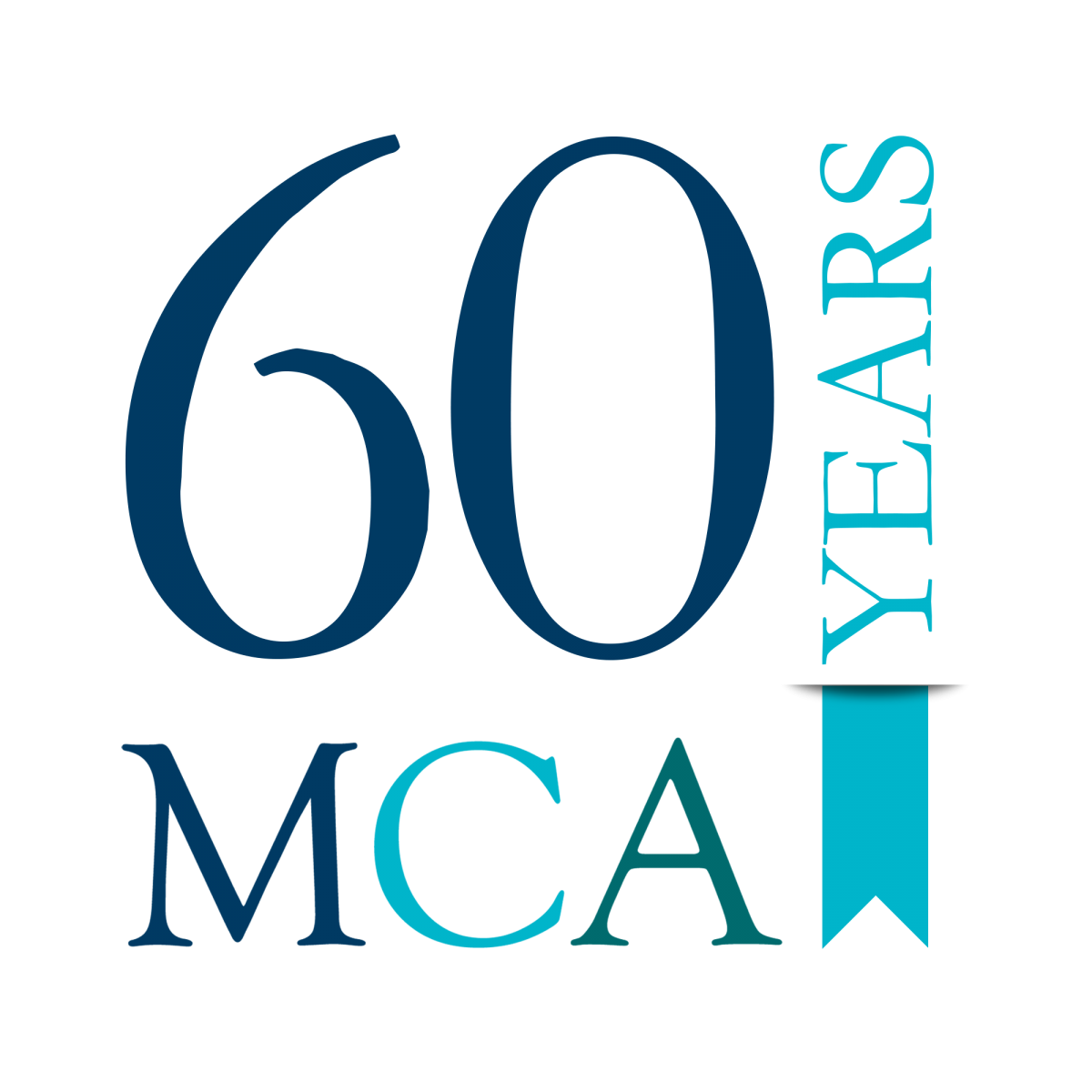Former MCA President Pat Newberry transferred from his role as an audit partner in a Big Four firm to become a consulting partner. At that time, unlike in some periods of consulting growth, it was an unusual move. “I saw it as a real opportunity. The consulting practice wanted me because of my financial services experience. But some audit partners thought I’d lost my marbles and didn’t speak to me for years!”
Pat contrasts his route into consulting with today’s industrial scale graduate and school-leaver recruitment. “As a decision-maker in an expanding organisation, I understood we needed substantial recruitment of the best young people. But it’s not without challenges. Throughout my career, the calibre of UK executives and boards has improved enormously. To impress them, you need either experienced experts with records in getting results or people with valuable new perspectives. Graduates can’t be the former, so we must ensure they’re the latter.”
Here, training is crucial. “I brought accountancy’s rigour with me into consulting. But I acquired the ability to listen to clients, sell, and practice change management on the job. Nowadays, young recruits often bring new digital accomplishments into our industry. We must also equip them with consulting’s technical disciplines and those soft communications skills. The goal is high-value teams, combining seasoned campaigners who speak the language of a particular business sector, consultants with delivery track records, and recruits with cutting-edge capabilities.”
The dotcom bubble provided Pat’s worst experience in consulting. “We laid off many staff. A division of 850 consultants shrank to 600. Letting other partners go was especially bitter. But it taught me to trust my instincts. I’d been uneasy throughout the dotcom boom, worried it was built on sand. I’ve been cautious about fads ever since.
“The experience also taught the company to handle adversity differently. When growth returned after that redundancy round, we weren’t ideally prepared. So after the 2008 crash, we did our utmost to retain staff. The fact that we provided great client value and thrived commercially even before the economy’s return to growth in 2013 amply justifies that approach.”
Pat says the MCA enhances consulting’s professionalism and bolsters its reputation. “The Association sets high standards and encourages the world to see the value of what consultants do.”
The technological evolution of consulting, Pat suggests, will bring both challenge and opportunity. “Change and the associated elevation of collective capability are hardly new. Leech-wielding apothecaries died out. Now we have brain surgeons. Artificial Intelligence: it’s happening. Business disintermediation: it continues apace. Look at the architectural profession. Surveys show their standing has fallen and much of their work can now be done by computers. They will need to reinvent to retain their primacy. The consulting profession may face similar challenges.
“Indeed, consultants are already reinventing successfully. New recruits steeped in digital culture will explore the outer limits of digital innovation. Technology will force us to rethink the value we bring clients and how we work. But that’s fine. It keeps us on our toes and our clients happy.”

This interview was conducted as part of the MCA's 60th anniversary celebrations.
The 60th anniversary brochure 'The story so far, celebrating 60 years of the MCA' is available as a free download.

